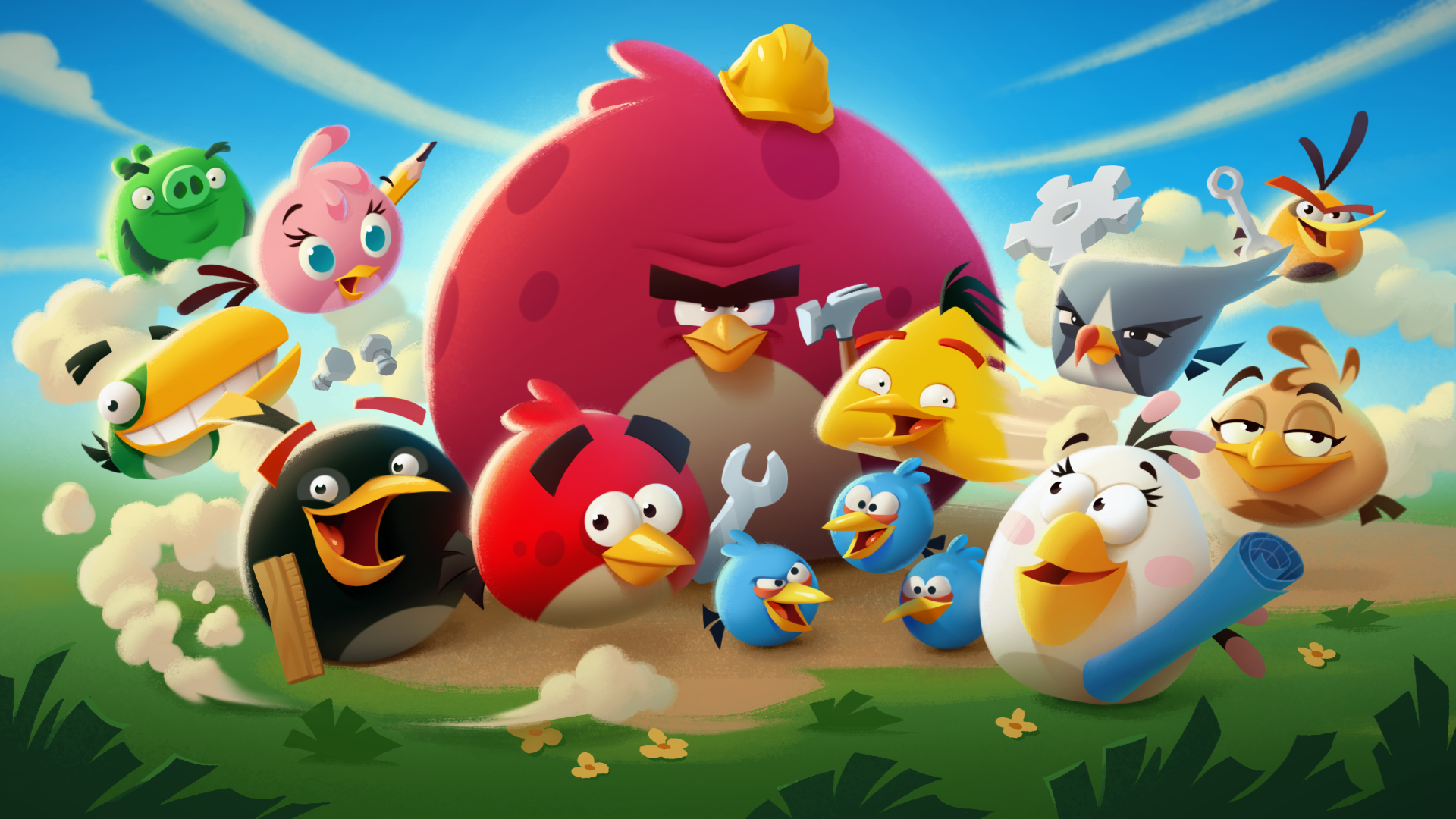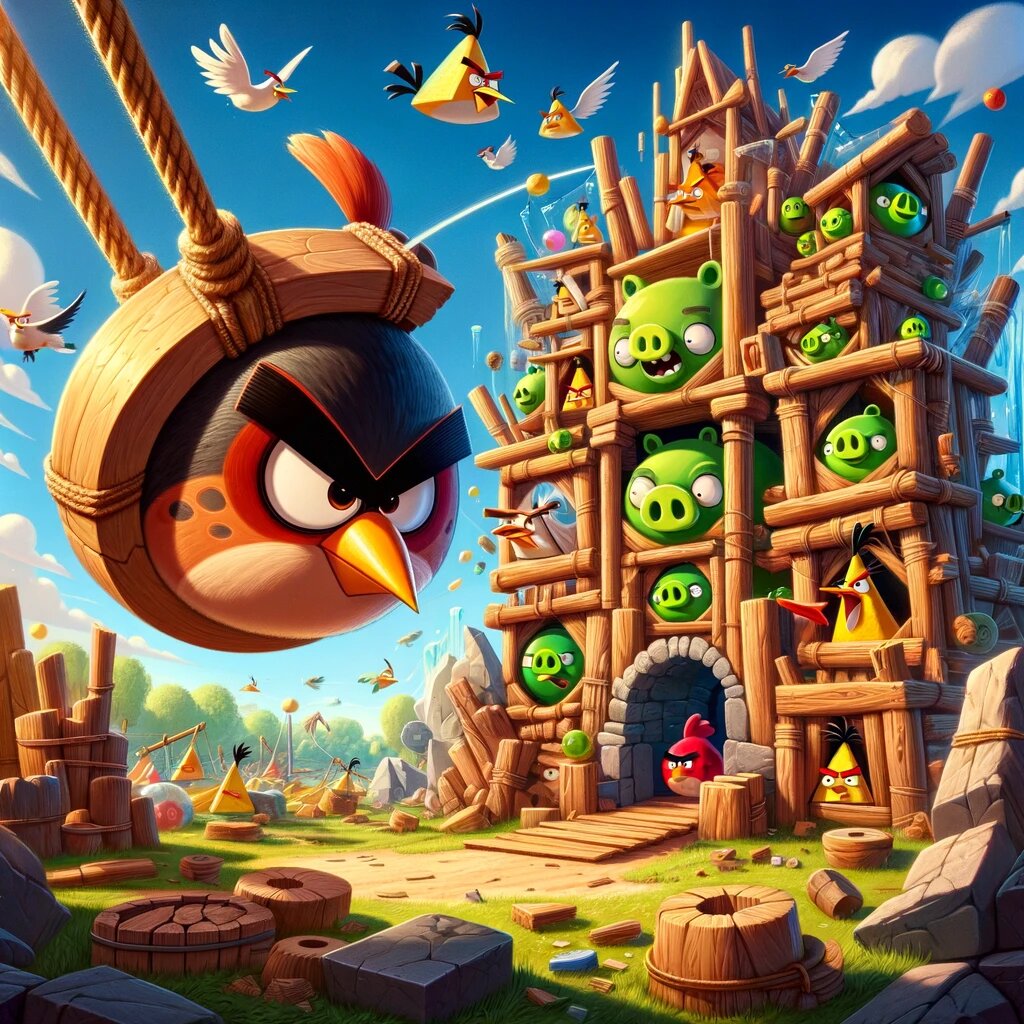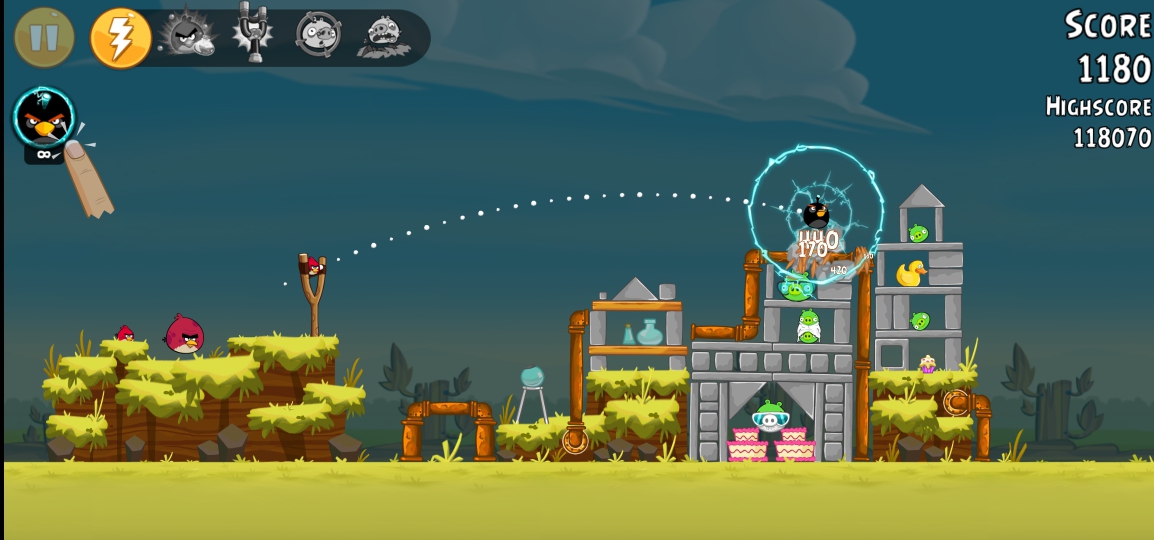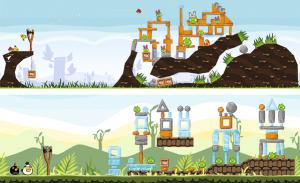In the early 2000s, a simple game with angry bird characters swept our smartphones, with unprecedented overwhelming success, "Angry Birds," the game created by Finnish company Rovio Entertainment, was not just an entertaining game, but a global cultural phenomenon, with its characters invading stores, television screens and cinemas. But, as with most phenomena, this success has not lasted forever, and "angry birds" have experienced a marked decline in their popularity. What are the reasons for this fall?
One of the reasons that contributed to this fall is the over-expansion and diversification. After the immense success of the original game, Rovio rushed to release multiple versions of the game, with slight changes in gameplay or the addition of new characters. This excess has distracted the public and lost focus on the original game that people loved, in addition, the company has expanded in the production of consumer products labeled as "Angry birds", such as toys, clothing and books, have saturated the market and lost brand value, as well as not adjusting to changes in the gaming market as the smartphone gaming market has witnessed rapid developments, new gaming styles, such as Battle Royal games and multiplayer online games.
"Angry Birds" could not keep up with these changes and provide a new and innovative gameplay experience that attracts the audience. It also poured its full focus on quantity and not how rather than focusing on the development and improvement of the original game. Rovio was busy releasing new copies and consumer products, negatively affecting the quality of the game and the user experience.
With intense competition not forgotten as many competing smartphone games emerged that provided innovative and attractive gameplay experiences, leading to a public departure from "angry birds."
The loss of the element of surprise and innovation, initially, "angry birds" was an innovative and entertaining game, but over time and multiple releases, the game lost the element of surprise and innovation, becoming repetitive and boring for many.
Summary:
The fall of the myth of "angry birds" is due to a range of factors, including over-expansion and diversification, non-adaptation to changes in the gaming market, focus on quantity rather than quality, extreme competition, loss of element of surprise and innovation. This story is an important lesson for companies in the gaming world, where they must maintain the quality of their products, keep pace with market developments and always offer new and innovative experiences to attract an audience.
Despite this fall, "angry birds" still hold a special place in the hearts of many as a beautiful memory from a certain era in the history of smartphone games.




The memories of this popular game are still fresh in my mind. I bought my first Android phone in 2011 and this game was quite popular at that time. I used to play this game a lot and became addicted to it. I agree with you and I think the main reason for its downfall is over expansion. No matter how many games somebody brings in the market but if their concept is similar then nobody likes it, in such a case the user gets confused. This was just a few years ago, I felt like playing Angry Birds so I searched for Angry Birds in the app store and I was shocked that so many versions of Angry Birds game had come up and I was confused as to which one to play.
Yes there is a large number of versions up to nine on the App Store
They also made a game bad piggies which is quite similar to Angry birds.